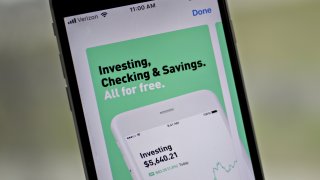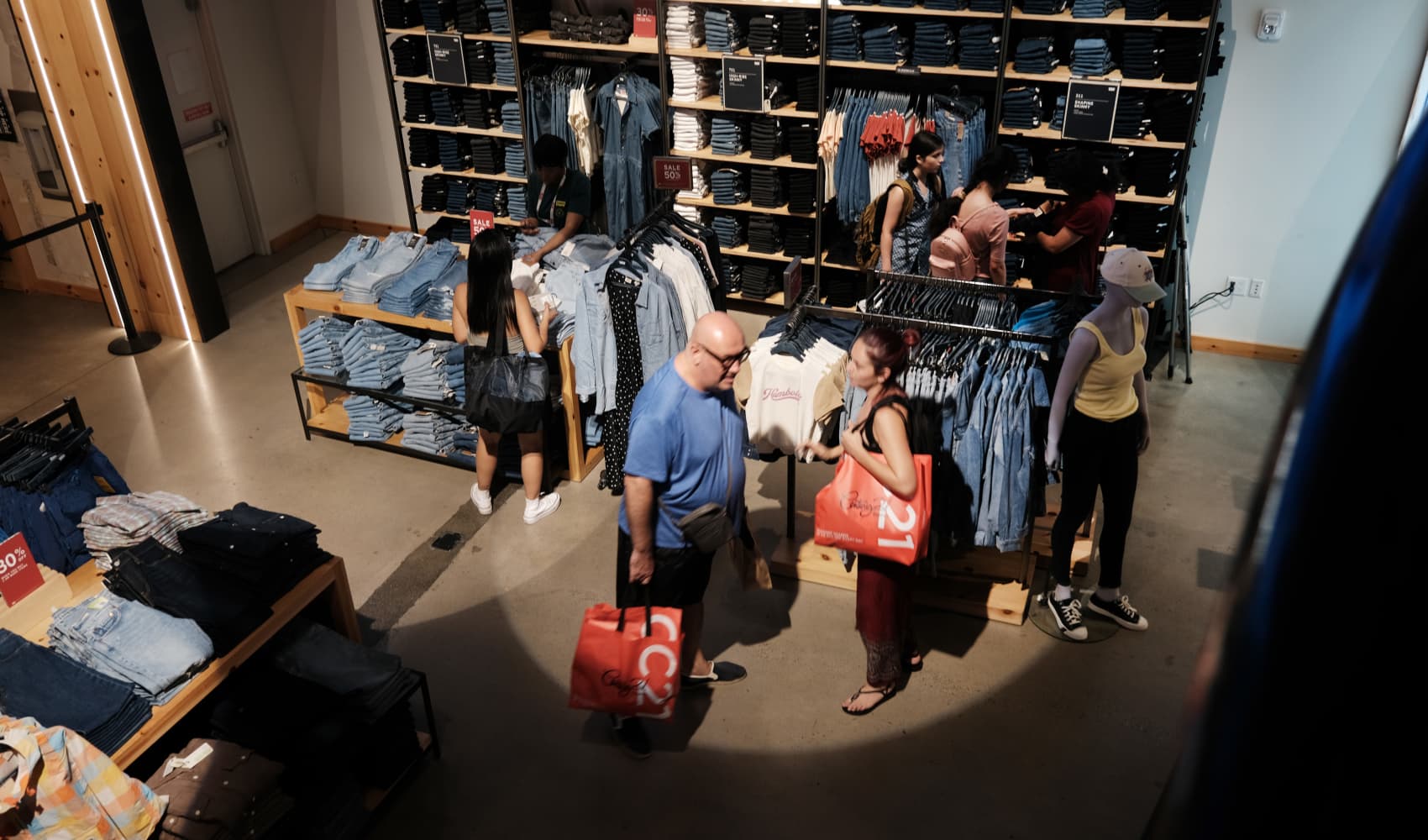
Covid-related growth rates are spiking. And it's not just the virus. A few months ago, The Wall Street Journal reported that retail-investing volumes had climbed 30% on a year-over-year in the first half of 2020 to nearly 20% of all trades. One young client commented that "everyone and his uncle is trading their accounts constantly."
It makes perfect sense. With so many people at home and so few available activities or distractions, trading stocks in an up-market, at zero commissions, has become the sport of choice for millions of Americans. According to an executive at a very large financial service company, which offers a mobile trading platform, third-quarter average daily volume nearly doubled over 2019 and the number of new accounts skyrocketed.
Knowing the identity of stock owners has never been easy, but that effort is now muddied by the rise in wholesale and high-frequency trading firms, who execute up to 50% of total daily volume, both institutional and retail. According to several industry sources, individual trading has surged in the second half of 2020, to 25-30% of all shares.
Professional investors, like my colleagues and me, enjoy an eager crowd of buyers in the stocks we own, helping to push prices higher. What we hate, of course, is a stampede out of our large holdings, flattening our gains and wreaking havoc. The question is whether the presence of this massive herd of mobile-app, quick-triggered market players should change how we invest.
Determining the correct response involves analyzing a few aspects of the retail investor picture. Is this a passing fancy or are they here to stay? Certainly, the technology (in your hand) and the price (zero) will continue to be incentives. However, the result (the market has rewarded most participants since April) and the opportunity cost (nothing else to do) will change. The market does, occasionally, go down, sometimes for longer than a month (I swear, that's true), and we know there will eventually be parties, baseball games, and concerts, to say nothing of real job locations.
In 2000, when the dot-com bubble burst, the resolve of retail investors was shaken but not shattered. That happened on 9/11, and individuals fled the market until 2003. Should there be a couple of consecutive shocks to global markets of that magnitude, the retail investor might go into hibernation, but, otherwise, they seem here to stay.
What are the stocks individuals tend to trade? The Robinhood 100 Most Popular stock list gives us a good idea. The list contains well-known growth stocks, including Amazon, Alphabet, Microsoft, Nintendo, and Nike; relatively new companies that have burst into public consciousness due to Covid-19 and current events, such as Peloton, Virgin Galactic, and Catalyst Pharmaceutical; and small cap names I have never seen, that somehow capture the trader world's fancy through the Social Media-sphere, such as Aphria and New Residential.
Money Report
If the retail trader is flooding in, and possibly out, of the stocks held by professionals, it's worth understanding their relative importance. There is a lot of available information about the composition of a company's holders. For example, we own health-care equipment maker Thermo Fisher in our 35-stock portfolio. Market data from FactSet, shows that 91% of Thermo shares are owned by firms defined as "institutions" and 8.8% are held within the "unknown" category, which typically signals individuals. Another of our holdings, Mettler-Toledo, an instrumentation company, has a tiny 1.4% "other" ownership. Below 20% ownership, the influence of day traders would seem of limited concern to institutional shareholders.
At the extreme opposite would be Novavax, a biotech company that was vaulted into public awareness by its foray into the Covid-19 vaccine panorama. The stock was selling at $4 in January and now trades at $139, with a Phase 3 study ongoing in the United Kingdom.
Nearly half of Novavax's shares are likely held by retail owners, FactSet data shows. The total market value is about $8.9 billion, so institutional investors trying to build a Novavax position could be constrained by liquidity and then face a tidal wave of retail selling on bad news. Not surprisingly, Tesla's unknown owners account for 37.5% of the company, but more than half of the floating shares, since Elon Musk holds 20% of the $538 billion corporation.
If we assume that retail shareholders are more likely to react positively or negatively to sentiment and news flashes than professional investors, then it follows that stocks with high "other" ownership would exhibit greater average volatility. With enough time and data, we can analyze the correlation between a stock's Robinhood or other app's ranking and its price action, beta, and other metrics.
Professional investors need to be aware of the "froth" possibly embedded in the most active retail names, which can evaporate when those same buyers fall out of love, like we saw with Nikola. However, we should remember a couple of important matters.
First, stocks ultimately move up and down based on the potential and fulfillment of earnings, regardless of the groups trading shares on any given day. Second, the disruption in 2020 has been so dramatic, including the entire realm of retail trading, that we should not be surprised by what emerges on this front in the post-vaccine world.
Karen Firestone is Chairman, CEO and co-founder of Aureus Asset Management, an investment firm dedicated to providing contemporary asset management to families, individuals and institutions.






